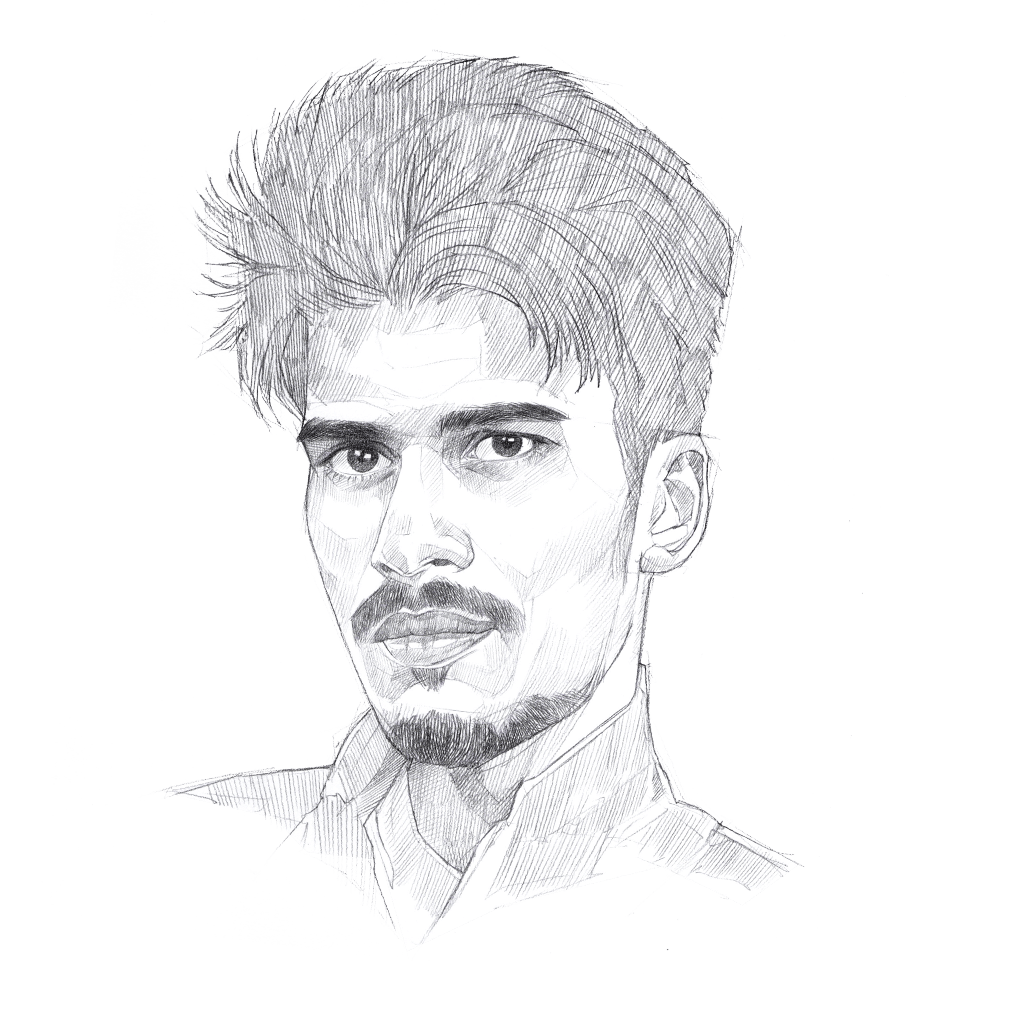Female
The relationship dynamics within the Caribbean, like, every relationship, is different but a lot of behaviours are normalized in our culture that would be seen as, I don’t wanna say abuse, like, basically, a lot…
Facilitator: Participant 1, how do you think your parents would respond to the policy? Participant 1: They wouldn’t listen. They would tell me, “Call the police! Call the embassy!” They will tell me, “Call all…
How long after the incident are you allowed to report? Like, is there a timeframe that you have to report by? Or, let’s say that it happened months ago, can I still report it, or…
I think one piece of advice I will have is for them to treat every experience as individual. I wouldn’t want to say it all depends on culture- we are so diverse in a way…
I would say, like, three major [suggestions], for anyone providing help in these situations are: (1) Check your privilege. Know what that looks like, know who you are, know your position. (2) If you’re not…
There are so many biases that come with different ethnicities, so it is important to listen with an open mind and to remove any biases before someone discloses. As we know, if you don’t feel…
Participant 1: I don’t think I would want somebody from home to talk to me about that [a sexual assault]. Like, people out here, they don’t know me. Participant 3: Yeah. Facilitator: These people don’t…
I guess [the policy is] relevant, but at the same time, it’s like, if you go through all these steps, what is the result? Am I actually going to get help? Or will it just…
Participant 1: What if it’s, like, a form of assault, but it’s not on the policy? They’re just like [claps hand to indicate closing the file]. Participant 3: It doesn’t say verbal. I don’t know…
I don’t know if we really need an advertising interface at every corner, because that kind of has a different psychological spin on it. I know for me, I am walking through the campus late…

